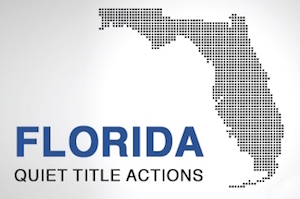 On August 26, 2016, the U.S. Department of Education banned ITT Technical Institute from enrolling new students who use federal financial aid. This is the result of several investigations into their recruiting, marketing and job placement practices. The loss of these funds may ultimately be the demise of ITT likely in a matter of weeks. The Chicago Tribune did a story here with more details.
On August 26, 2016, the U.S. Department of Education banned ITT Technical Institute from enrolling new students who use federal financial aid. This is the result of several investigations into their recruiting, marketing and job placement practices. The loss of these funds may ultimately be the demise of ITT likely in a matter of weeks. The Chicago Tribune did a story here with more details.
9/19/16 Update: Since ITT’s closure on September 7, 2016, we are now taking clients for representation to seek a discharge of their federal student loans (including Parent Plus federal loans taken by a parent for a student). New federal guidelines created following the closure of Corinthian go into effect on November 1, 2016 to allow for former students to potentially discharge debt due to fraudulent representations by the school in violation of state law.
It is too early to say whether former students of ITT will be able to assert a defense to repayment of their federal student loans. It’s possible because there are several open investigations into various ITT campuses and if they find evidence of fraud or illegal behavior, you may be eligible for relief. The DOE is expected to wrap up its final regulations regarding borrower defenses to repayment of federal student loans by the end of this year. We believe that the new regulations will expand the current environment which mostly only permit an administrative discharge when a school is closed within 120 days of your attendance and your credits are non-transferable.
 Reboot Your Life: Tampa Student Loan and Bankruptcy Attorney Blog
Reboot Your Life: Tampa Student Loan and Bankruptcy Attorney Blog










